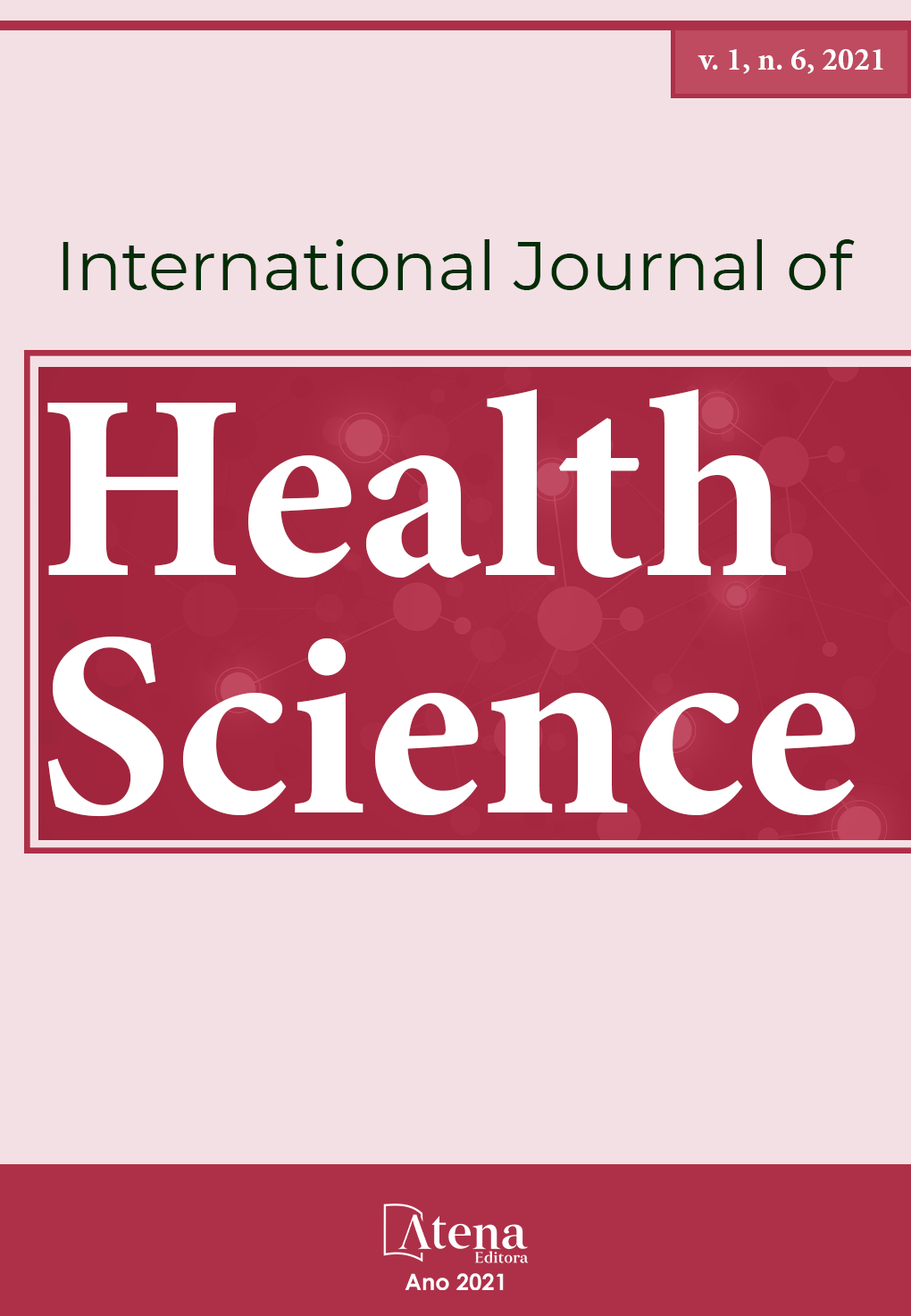
Preocupaciones y amenazas percibidas por los trabajadores de la salud dedicados a enfrentar el COVID-19 en Argentina
Objectives: The goal of this study was to provide a description regarding the perceived concerns and threats of the healthcare workers facing treatment of patients with COVID-19 during the early phase of the pandemic in Argentina, also analysing how these issues affected their psychological well-being. Study design: Cross-sectional design. Methods: During the third week (April 4-10) of mandatory quarantine, a questionnaire was administered to 809 healthcare workers from all over the country. The developed questionnaire covered: socio-demographic data, questions related to concerns of the health personnel about facing patients with coronavirus, and indicators of depression, anxiety, intolerance of uncertainty, and coping. Results: Results showed that the main worries of these healthcare workers were the possibility of infecting their loved ones (84%), followed by the possibility of infecting themselves (65%). Also, 76% considered that the work environment worsened, and 77% that it would help them to count with mental support staff in their workplace. In addition, the healthcare workers showed significantly increased levels in indicators of depression, anxiety, and intolerance of uncertainty and in developing coping strategies that were predominantly of emotional control. The results also indicated that fear of contagion and fear of infecting their loved ones, as well as fear of the possibility of having to choose who would receive attention and who would not, were perceived as stressors having the greatest influence on discomfort. Conclusions: Altogether, these results show the need for preventive contingency interventions targeted to healthcare workers in order to preserve the well-being of their mental health and the quality of the therapies they apply to patients with COVID-19.
Preocupaciones y amenazas percibidas por los trabajadores de la salud dedicados a enfrentar el COVID-19 en Argentina
-
DOI: 10.22533/at.ed.1592130113
-
Palavras-chave: COVID-19, Argentine healthcare workers, subjective well-being, worries, stress
-
Keywords: COVID-19, Argentine healthcare workers, subjective well-being, worries, stress
-
Abstract:
Objectives: The goal of this study was to provide a description regarding the perceived concerns and threats of the healthcare workers facing treatment of patients with COVID-19 during the early phase of the pandemic in Argentina, also analysing how these issues affected their psychological well-being.
Study design: Cross-sectional design.
Methods: During the third week (April 4-10) of mandatory quarantine, a questionnaire was administered to 809 healthcare workers from all over the country. The developed questionnaire covered: socio-demographic data, questions related to concerns of the health personnel about facing patients with coronavirus, and indicators of depression, anxiety, intolerance of uncertainty, and coping.
Results: Results showed that the main worries of these healthcare workers were the possibility of infecting their loved ones (84%), followed by the possibility of infecting themselves (65%). Also, 76% considered that the work environment worsened, and 77% that it would help them to count with mental support staff in their workplace. In addition, the healthcare workers showed significantly increased levels in indicators of depression, anxiety, and intolerance of uncertainty and in developing coping strategies that were predominantly of emotional control. The results also indicated that fear of contagion and fear of infecting their loved ones, as well as fear of the possibility of having to choose who would receive attention and who would not, were perceived as stressors having the greatest influence on discomfort.
Conclusions: Altogether, these results show the need for preventive contingency interventions targeted to healthcare workers in order to preserve the well-being of their mental health and the quality of the therapies they apply to patients with COVID-19.
-
Número de páginas: 15
- Jael Vargas Rubilar
- Leandro Eidman
- María Carolina Klos
- Viviana Lemos
- Belén Mesurado
- Marisa Rodriguez de Behrends
- Rubén N. Muzio
- María Cristina Richaud


